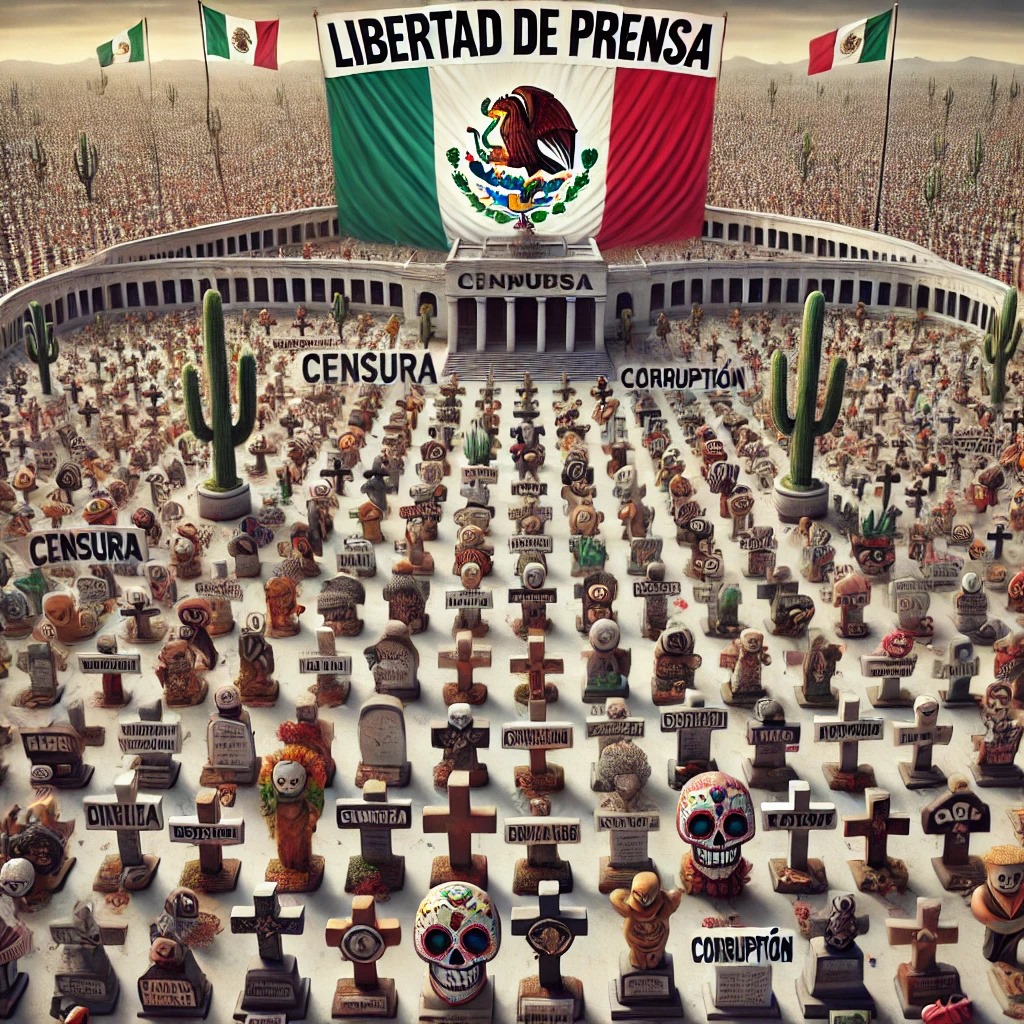
According to the constitution, there is no censorship in Mexico. Article 7 states that the freedom to disseminate opinions, information and ideas is inviolable; no law or authority shall impose prior censorship. This makes Mexico’s position in the 2024 World Press Freedom Index by Reporters Without Borders all the more harrowing: ranked 121st, it is one of the most dangerous countries in the world for media professionals.
While, historically, censorship was carried out by the Spanish colonial power through the decrees and actions of the Inquisition, in the present day, other, less formal methods are employed to prevent the circulation of inconvenient or critical writings. This type of censorship may be more difficult to trace, but it is certainly real.
The story of journalist Anabel Hernández illustrates the repressive methods which Mexican journalists and authors are subjected to. In her books, such as the bestseller Los Señores del Narco (2010), Hernández writes about the links between Mexican government officials and the police and organised crime. There are no laws in Mexico banning books like these, but critical writers and their families are threatened, persecuted and often even murdered. Hernández had to emigrate to Europe due to the ongoing threat, but still reports on the difficult situation Mexican media professionals find themselves in. Through systematic intimidation and violence, critical voices are forcefully silenced. This makes the courage of the journalists and authors who risk their lives to expose the problems in their home country even more remarkable.
We, a group of students from the University of Kassel, have been examining historical and current censorship in Mexico. While we were able to consult a number of research papers on the former, the latter was much more difficult for us to grasp. We asked the Mexican Ministry of Culture as well as various universities, foundations and press organisations for help, but received no answers. Research on the internet, too, turns up rather little concrete information about banned writings in present-day Mexico. This may be owed to the informal nature of the censorship and the prevalent strategy of suppressing free speech through intimidation instead of officially banning the works of critical writers.
In the end, we were able to add 18 titles – mostly historical examples – to the Kasseler Liste.
Kassel, April 25, 2025

